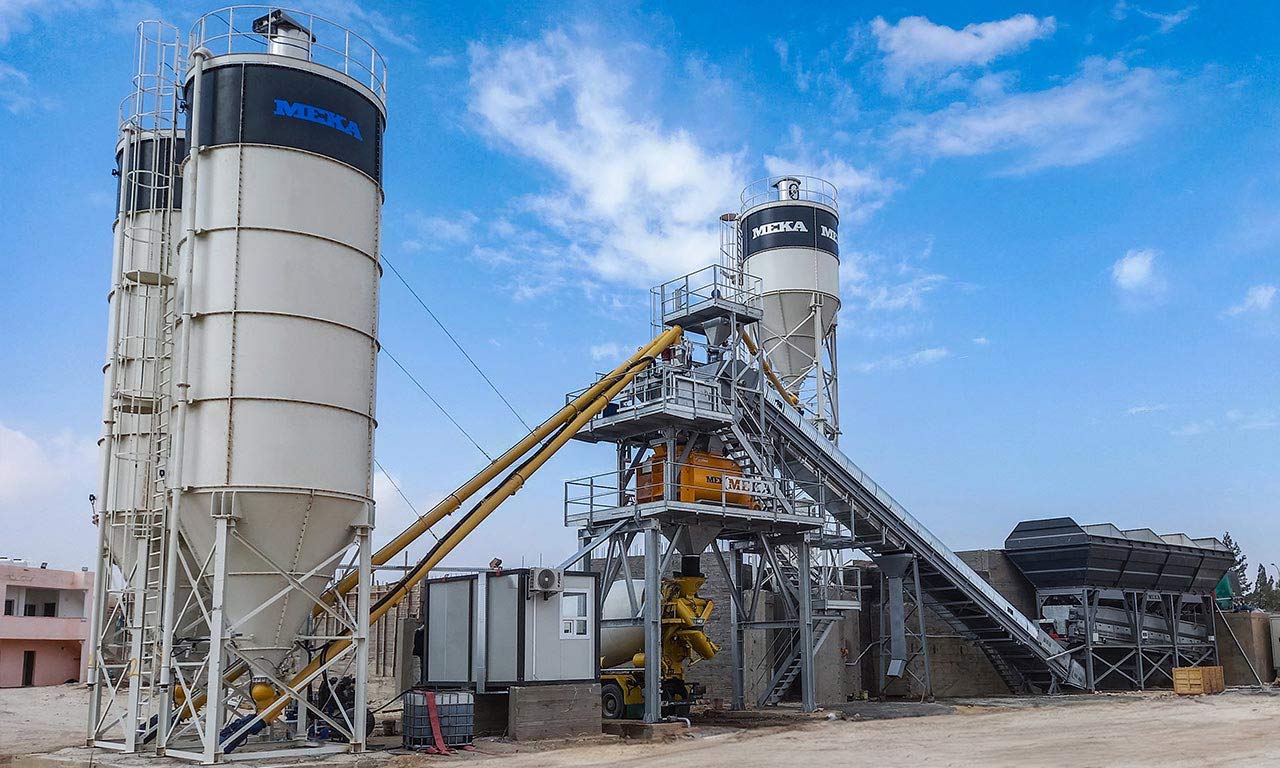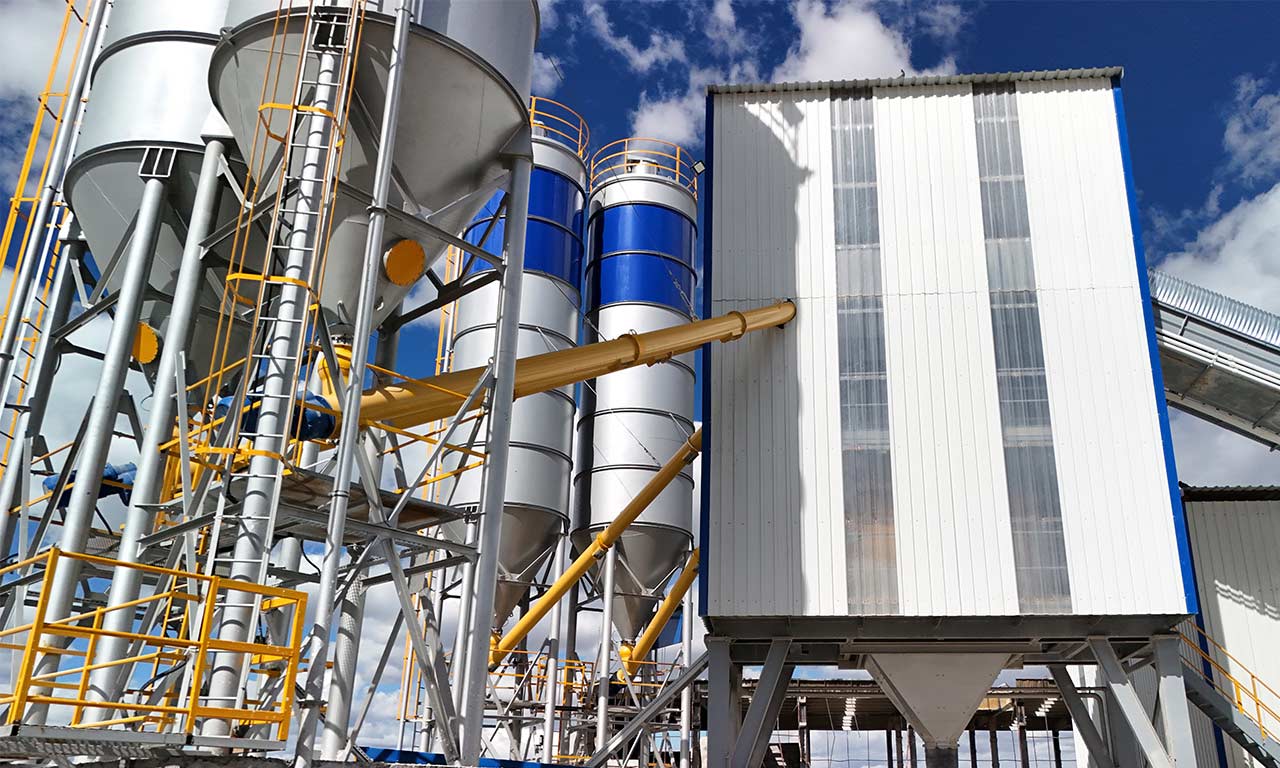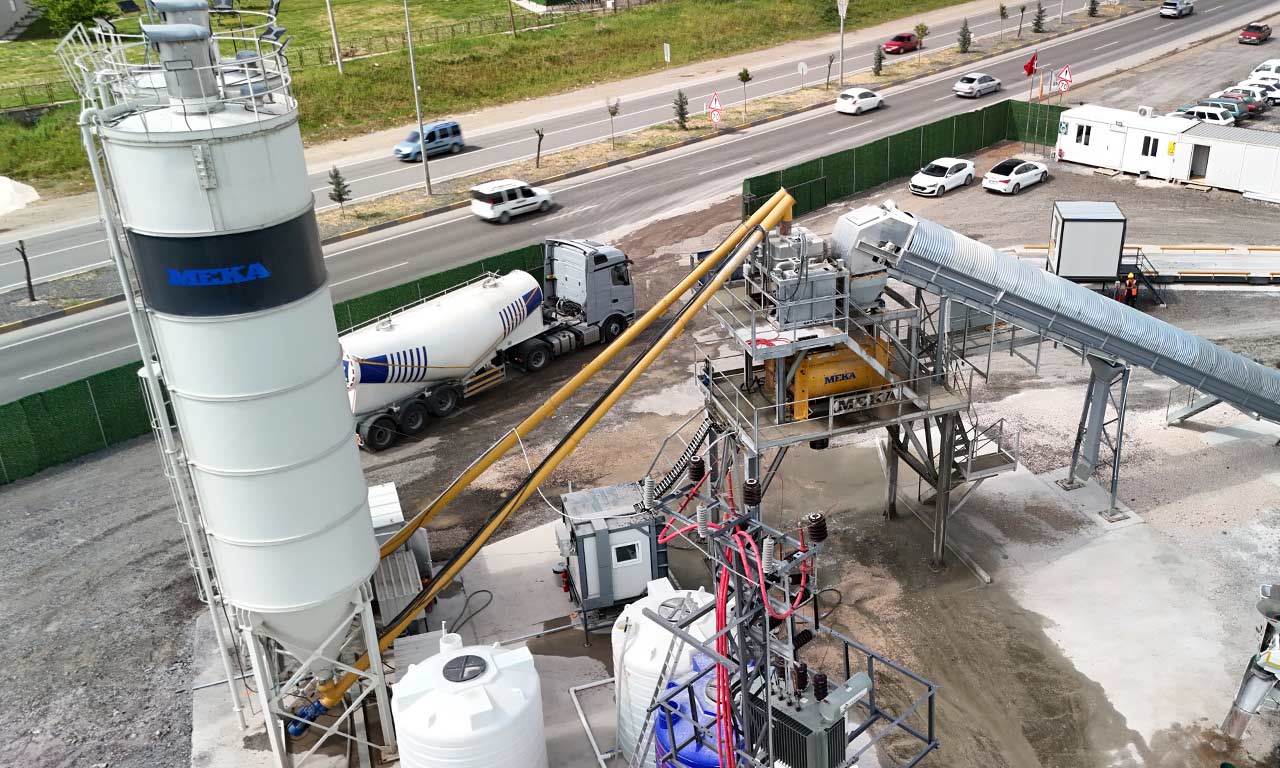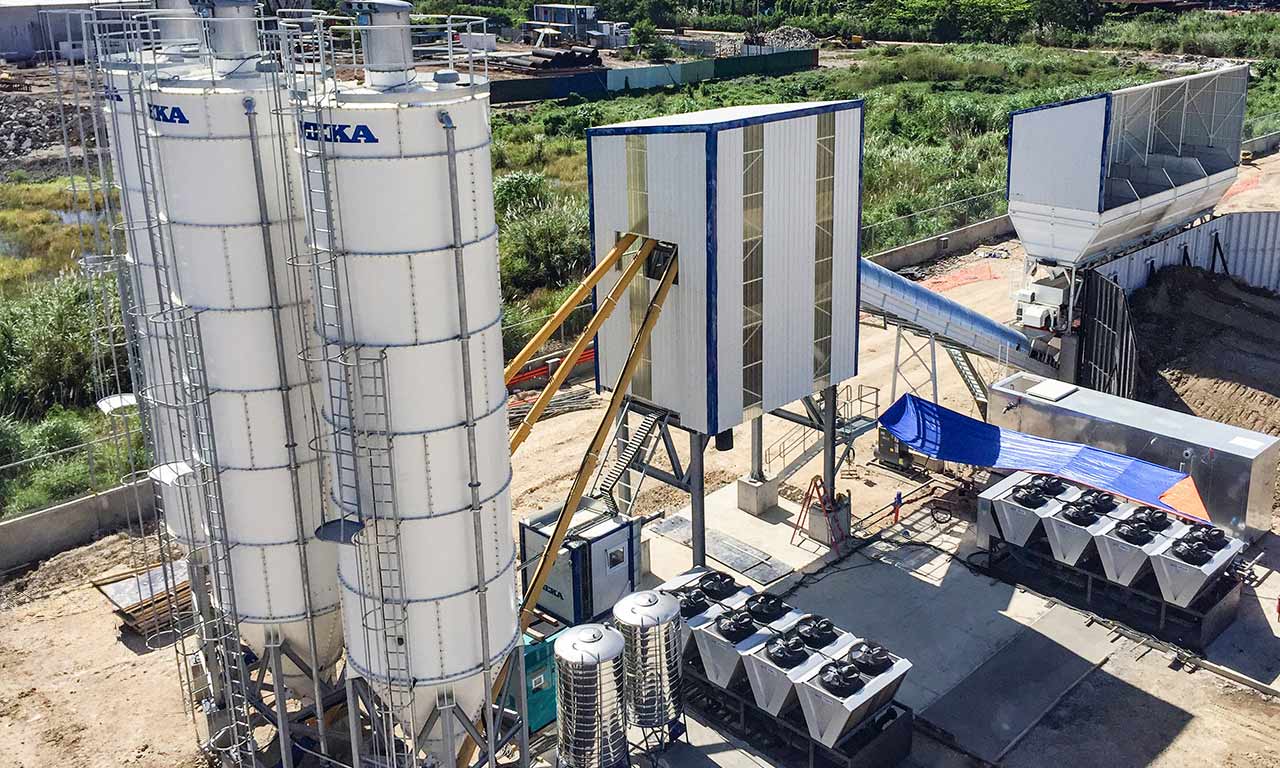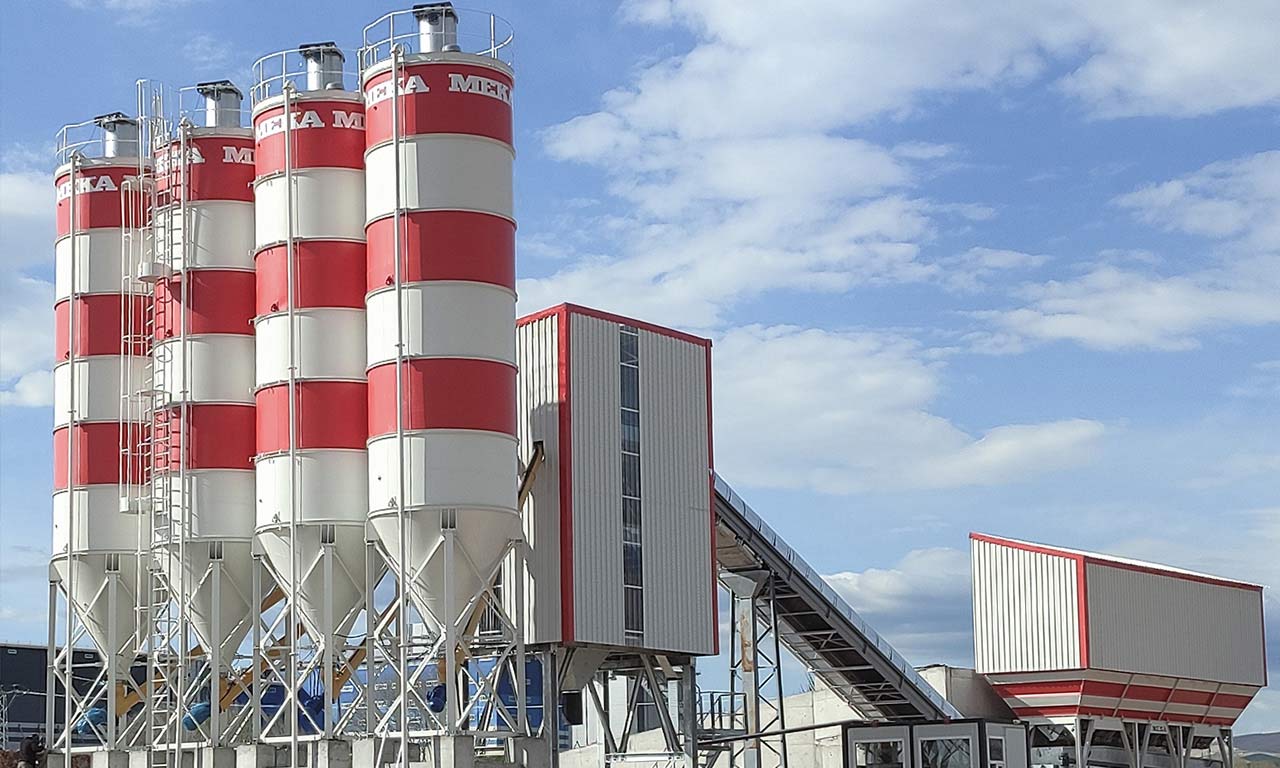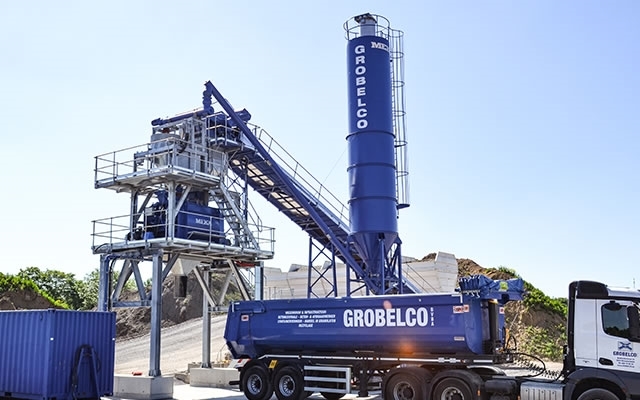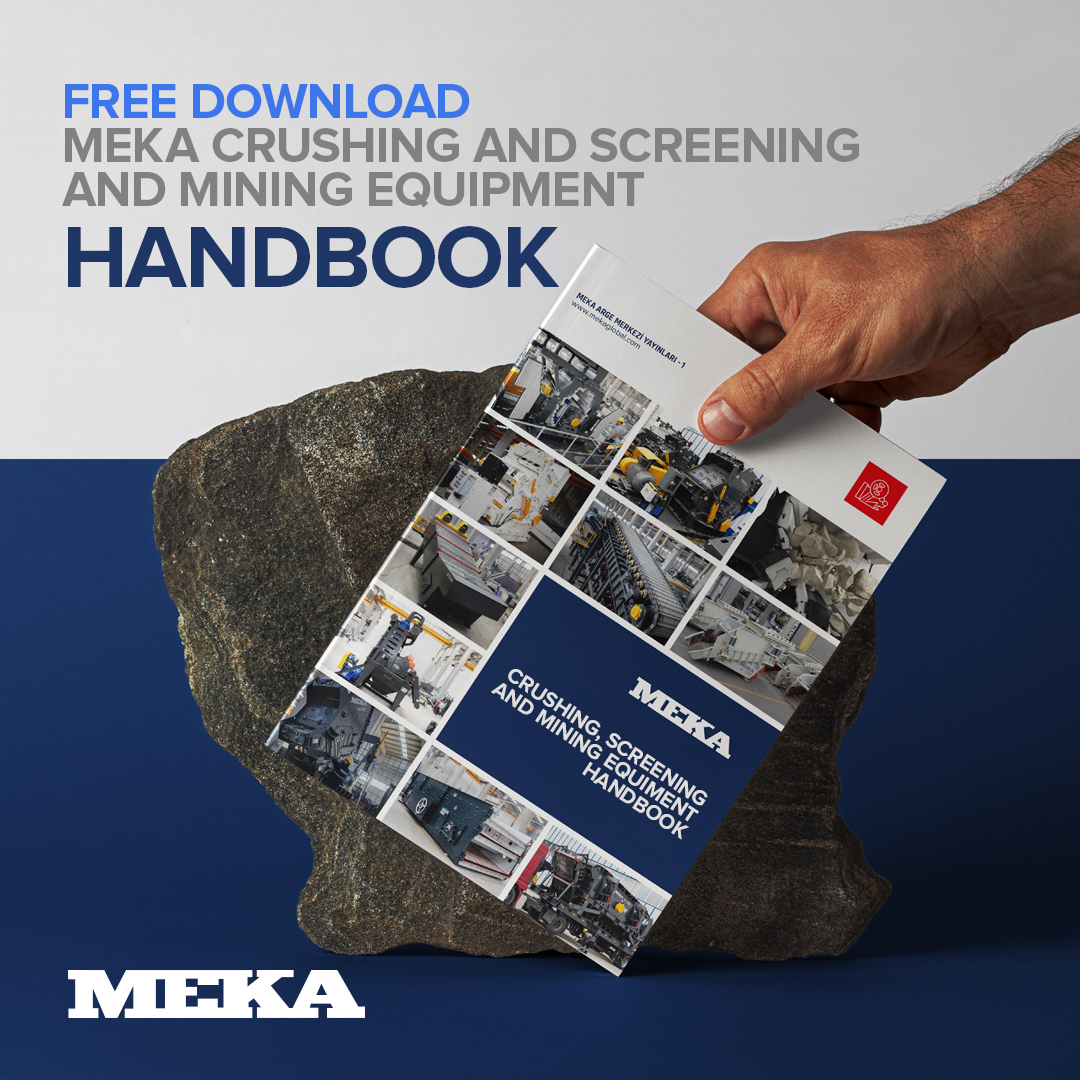Cement silos ensure the safe storage and preservation of cement and similar fine-grained materials. These silos minimize contact with moisture and air, preventing cement from clumping and helping it remain usable for an extended period.
Cement Silos
MEKA offers a wide range of storage silos for powder products like, Lime, Fly Ash, Microsilica, Bentonite and others. The capacities vary from 50 to 500 tons (calculating at 1,25t/m³). Two discharge cones are available as an option.
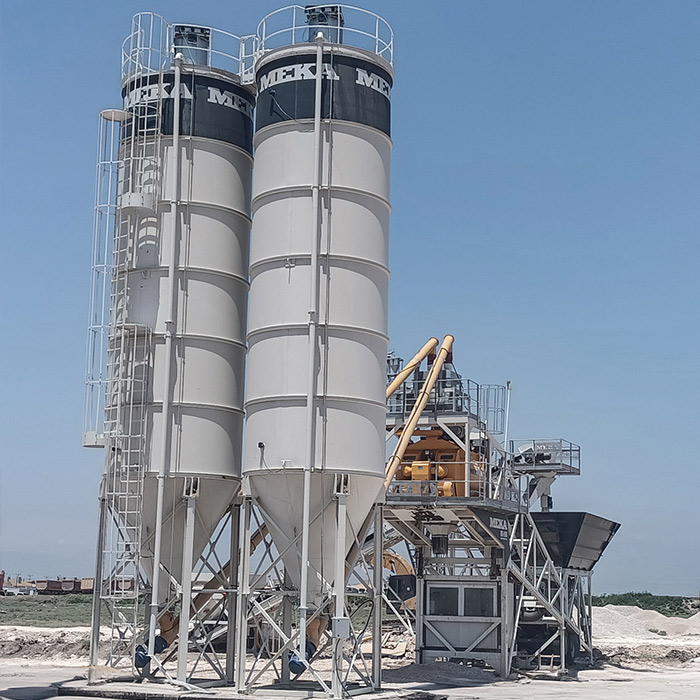
Cement Silos Advantages
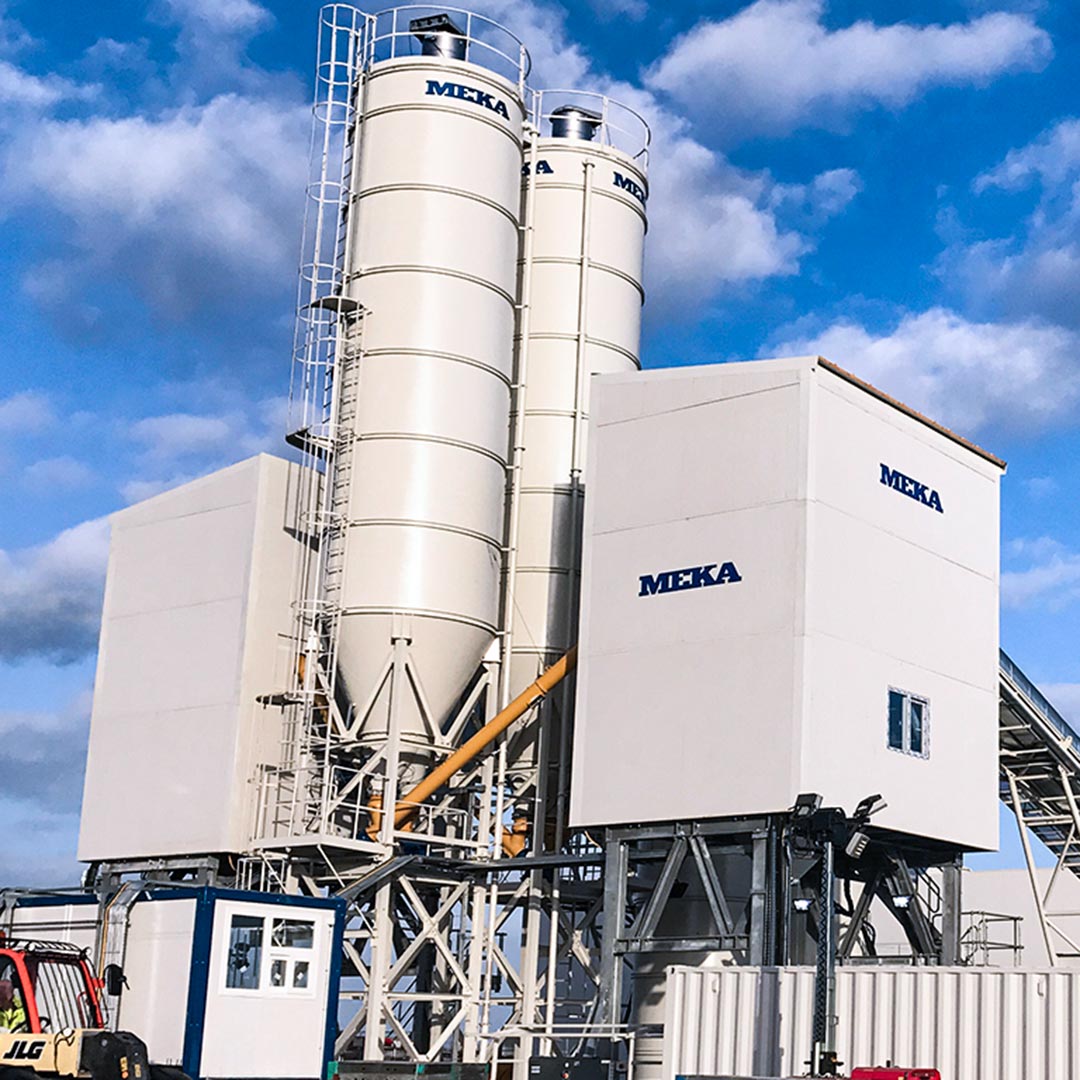
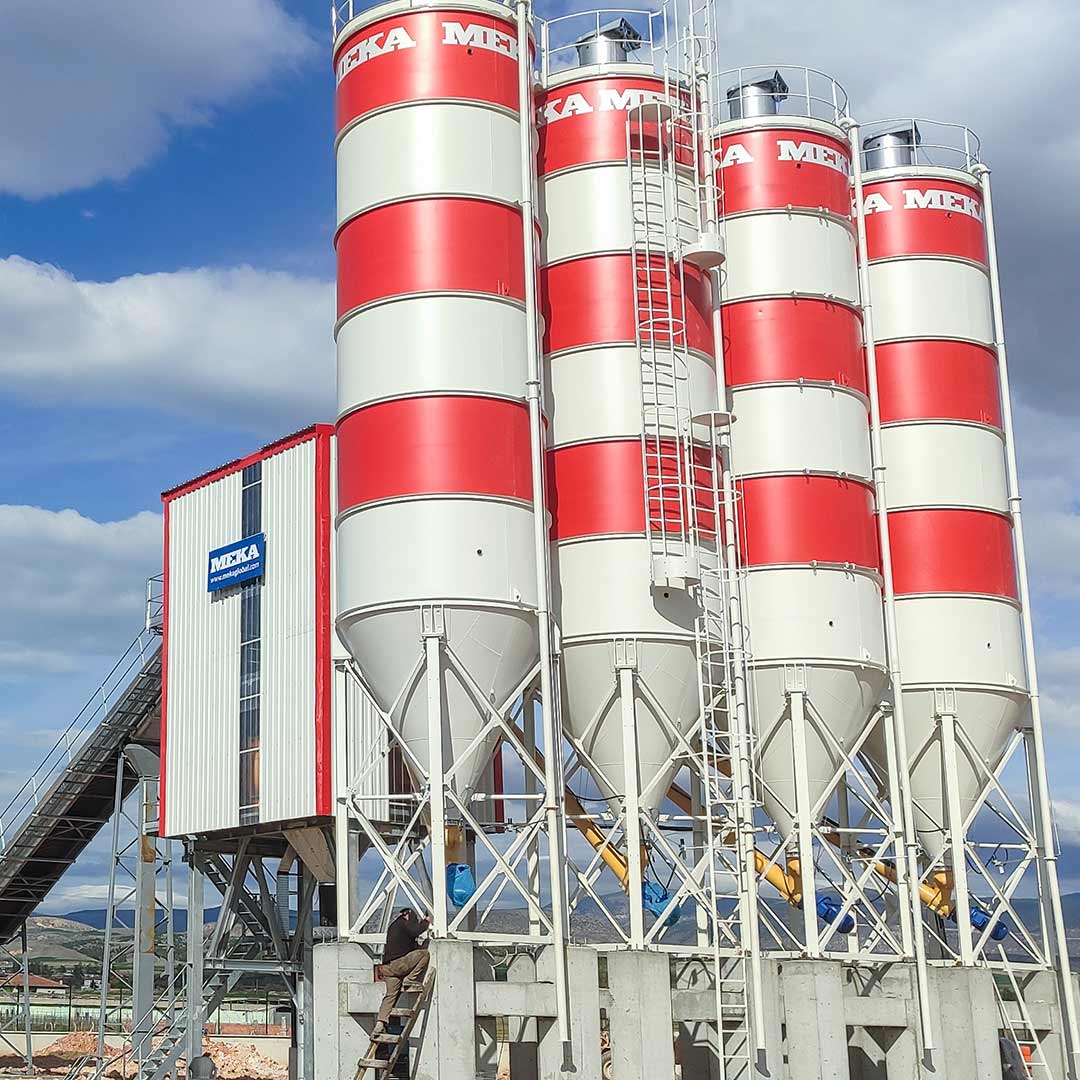
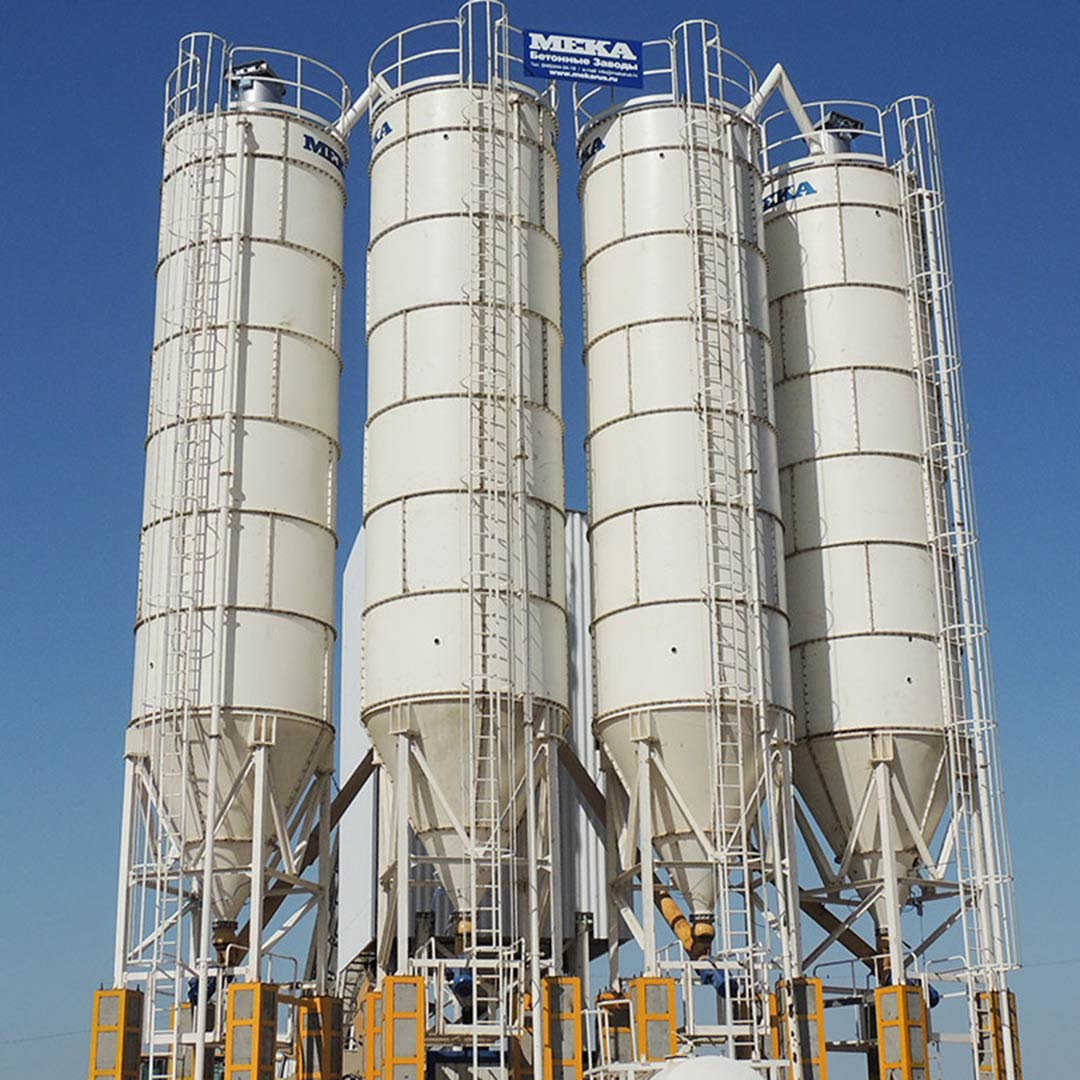
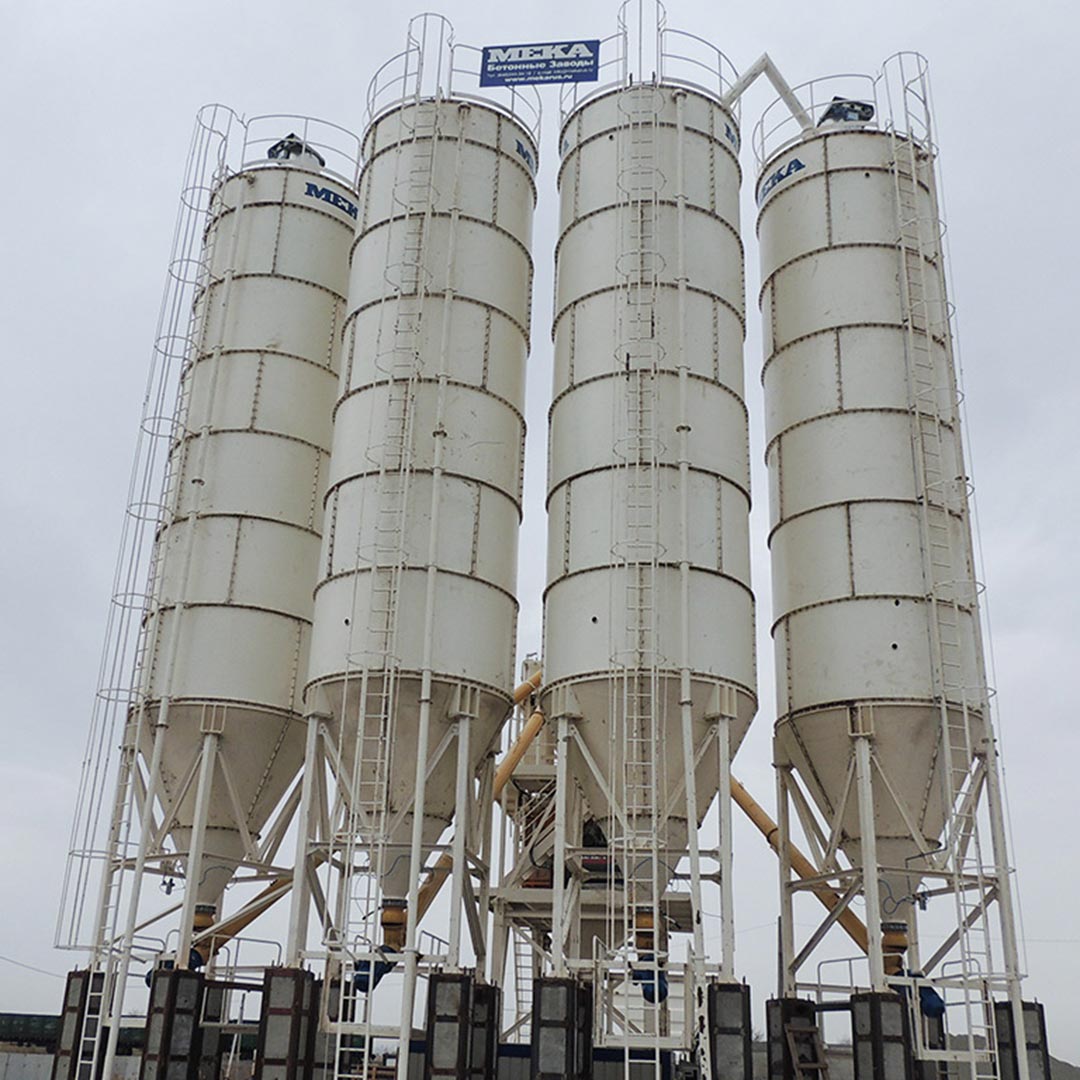
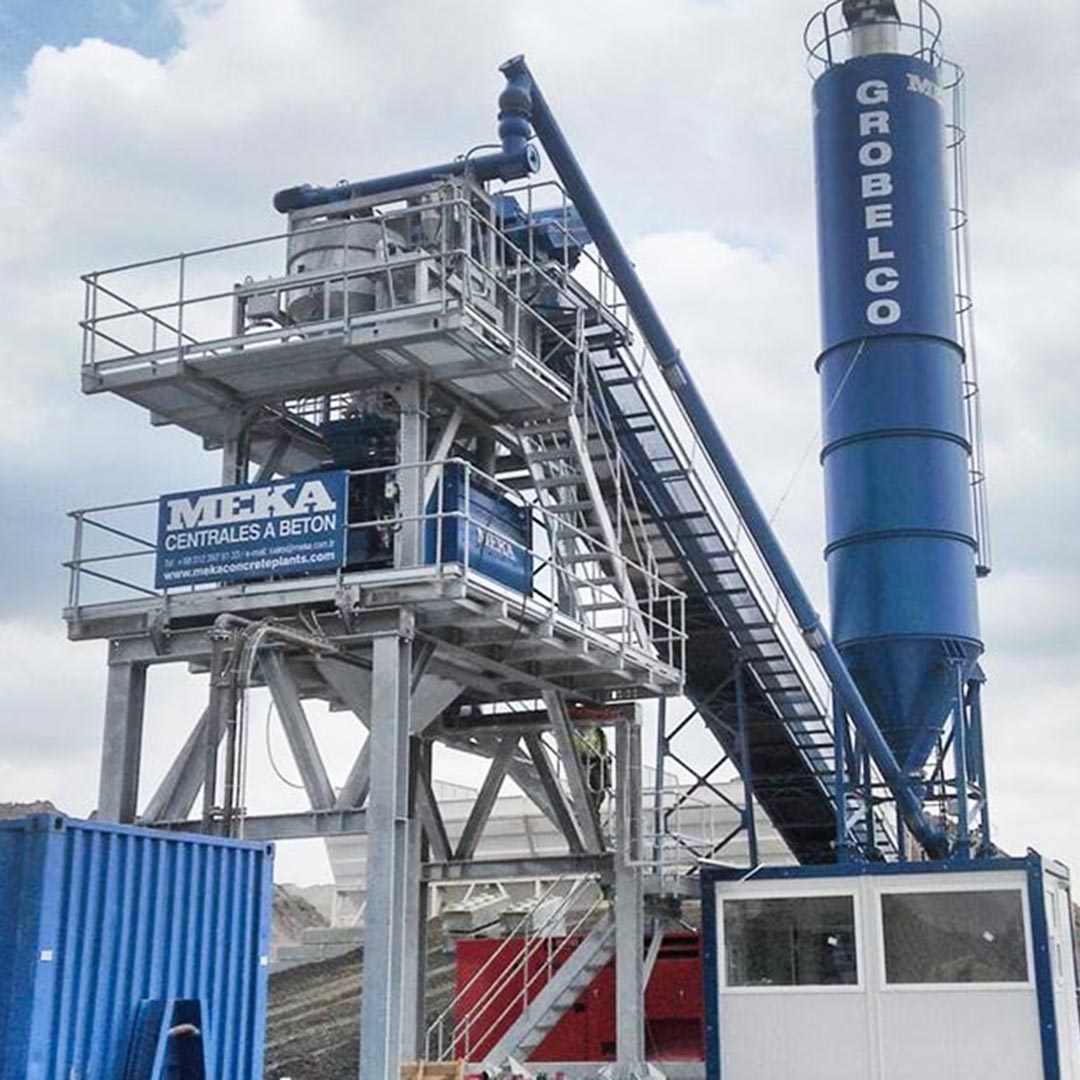
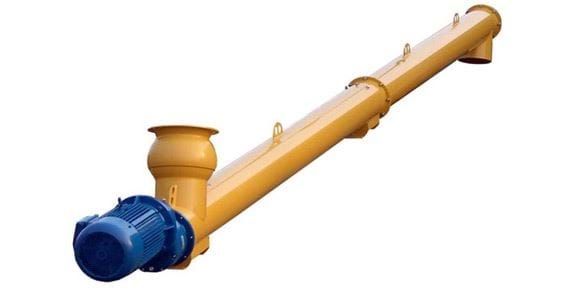
SCREW CONVEYORS
MEKA proudly offers only WAM products for silo equipment choices. screws can be configured in different sizes to meet any kind of application.
SILO FILTER
WAM SiloTop filters are proven to be robust and reliable.
STANDARD SILO PACK
Standard silo equipment pack consists of the following:
A manual lever controlled butterfly valve on the bottom of the silo cuts the material flow for screw conveyor servicing.
Mix/Max level indicators send information to the batch computer when the amount is low or on its maximum.
Safety valve prevents silo from overpressure. The valve opens when threshold pressure limit is reached.
Aeration nozzles and airpipes ensure continuous flow of the material to the discharge area.
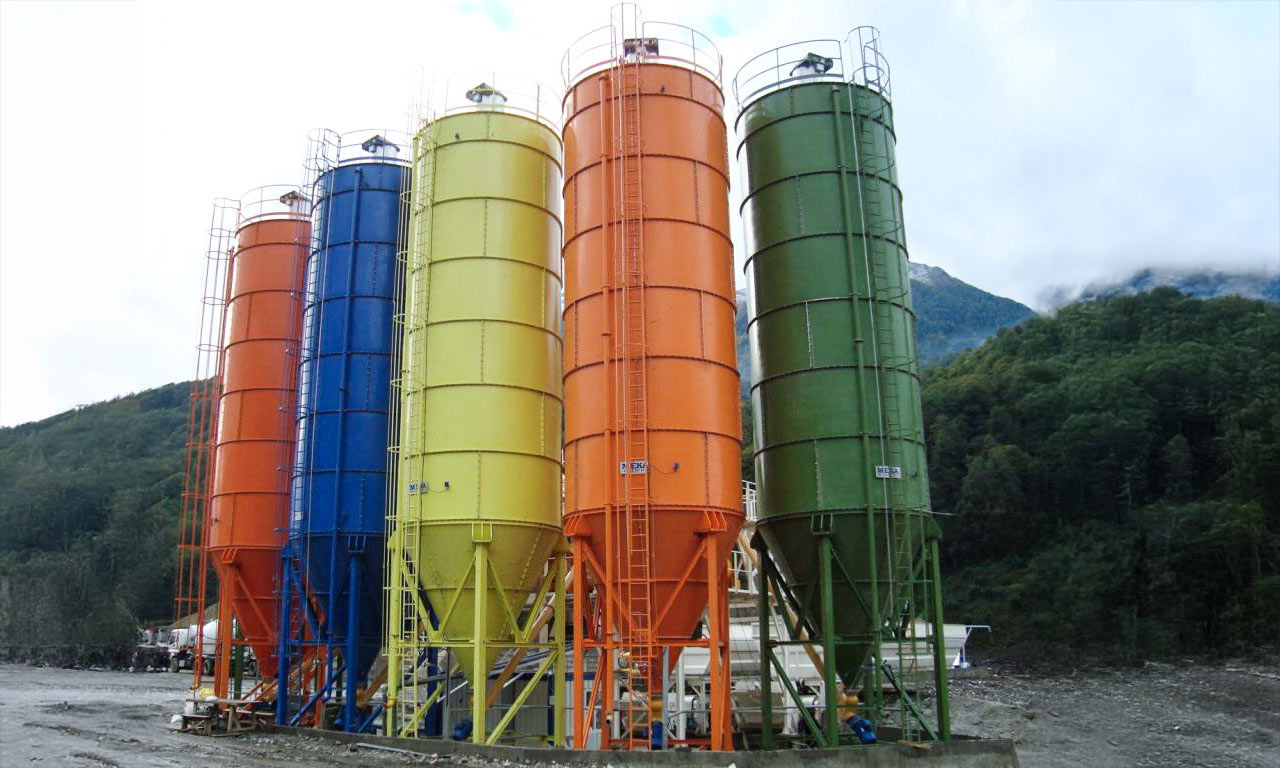
-
Cement Silos Downloadable Files
Cement Silos Optional Features
Cement silos are large-capacity storage tanks used for storing and preserving cement and other fine-grained materials. They are commonly used in concrete production plants, construction sites, and ready-mix concrete facilities. Silos protect cement from moisture and other external factors, ensuring it remains usable for an extended period.
Cement silos are produced in various capacities and designs. Fixed silos are generally preferred for large-scale projects, while mobile silos can be used at different construction sites due to their portability.
Cement silos are produced in various capacities, typically ranging from 50 tons to 500 tons. While 50-100 ton silos may be sufficient for small-scale projects, larger construction projects often require silos with capacities between 200 and 500 tons.
Cement silos discharge cement in a controlled manner using a special airflow system and screw conveyors. The cement inside the silo is transferred to a concrete mixer or production line via a screw conveyor or pneumatic system. Additionally, sensors can be used to monitor pressure levels and material quantity inside the silo.
Before installing a cement silo, the ground stability must be checked. The silo is placed on a flat, solid surface and secured properly. During maintenance, filters should be cleaned regularly, the screw conveyor system should be lubricated, and the material level inside the silo should be monitored. Additionally, the airflow system should be checked to ensure it is functioning properly to prevent cement from clumping.
The choice of a cement silo depends on the scale and duration of the project:
-Fixed cement silos are used for large-scale projects and facilities that require continuous production. Their high capacity makes them ideal for storing large quantities of cement for extended periods.
-Mobile cement silos are designed for use at different construction sites. Their easy portability makes them suitable for short-term projects.


